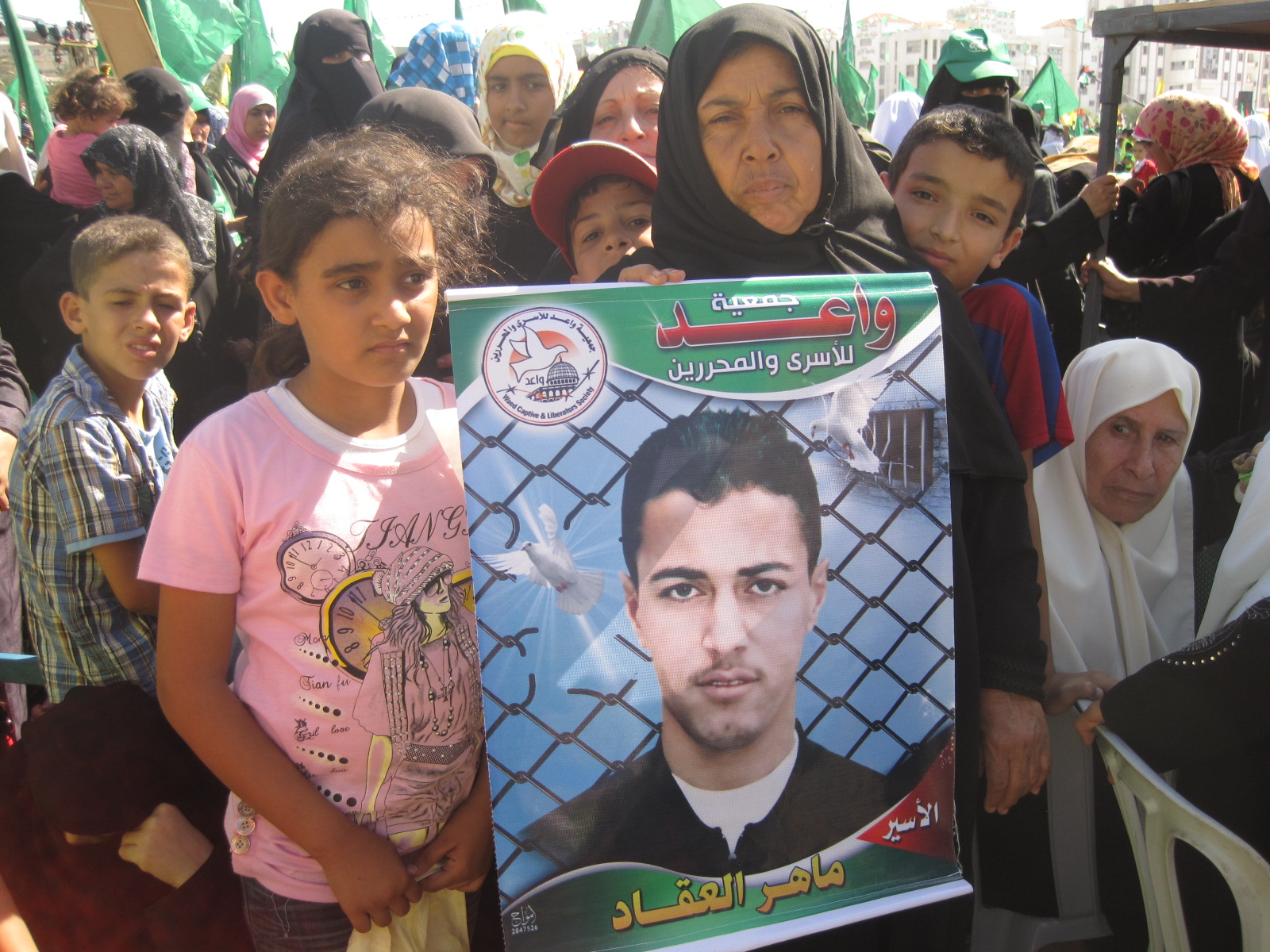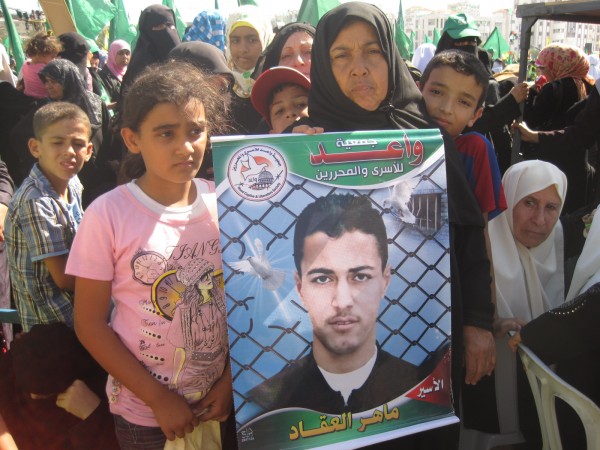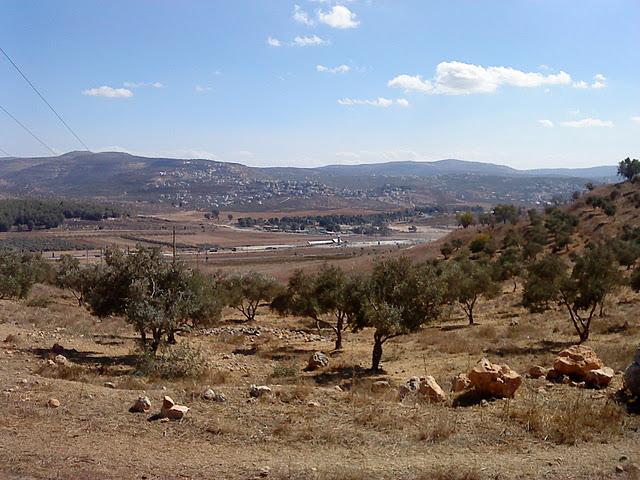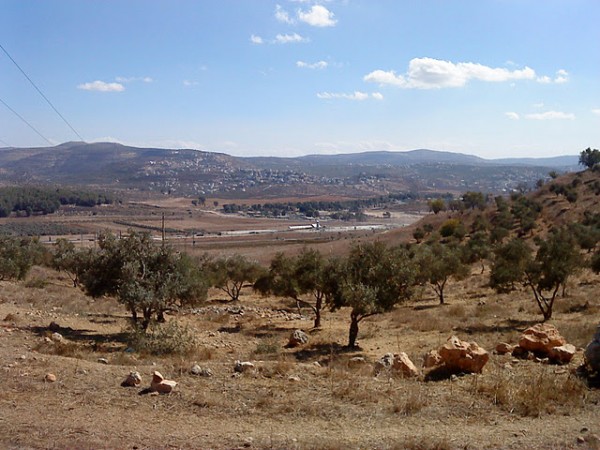18 October 2011 | International Solidarity Movement, West Bank
On 18th October 2011 teachers from Qordoba school stood in protest at checkpoint 56 for a sixth day of resistance against the increased ‘security’ measures imposed upon them by the Israeli occupying forces. In the past week this peaceful protest has been met with an alarmingly intolerant – and at times violent – response from the Israeli soldiers. On the first day, nine young children were hospitalized.
By the third day of demonstration the international press had taken up the story.
On the fourth day soldiers sought to quash the mounting pressure by using tear gas and sound grenades in the streets of Bab a-Zawyia .
The teachers are also facing pressure from the settlers. In an interview with ISM this morning, the head mistress, Ibtesam Aljondy, explained they had received warnings that if the school was left empty, settlers would occupy the buildings. This threat, coupled with the need to return to a normal learning schedule for the children and concerns for their safety, has resulted in the school being reopened during the last two days. A handful of teachers and volunteers have been holding lessons whilst up to twelve of their colleagues have continued to demonstrate. The absence of children at the demonstration has led to a significantly reduced press presence.
During the protests negotiations have been taking place between the Palestinian Authority and the District Co-ordination Office of the Israeli occupying forces. This reached an unfavourable conclusion at 5pm Tuesday, when Ms Aljondy was telephoned by the PA and told that the DCO are not willing to reverse the new measures. Under military law the teachers of Qordoba School will have to pass through the metal detectors in the checkpoint or be refused entry.
ISM volunteers spoke with a source from the PA who wishes to remain anonymous. He expressed disappointment at the situation, stating that for the teachers to be treated in this way gives the wrong impression to their students.
The protests will continue. Ms Aljondy has told ISM that each morning half the teachers will take a substantial detour to reach the school, and half will remain outside the checkpoint to highlight the issue. She has asked ISM for our continued support in this action.





